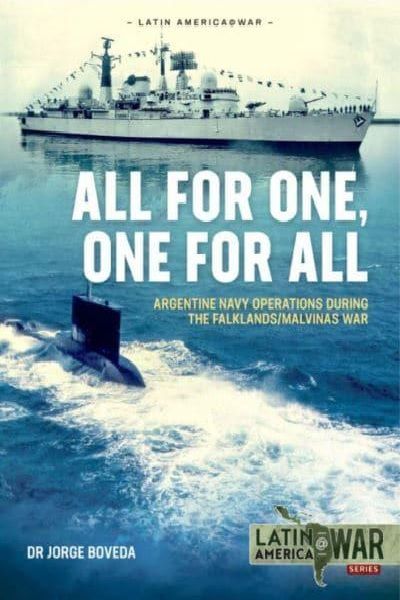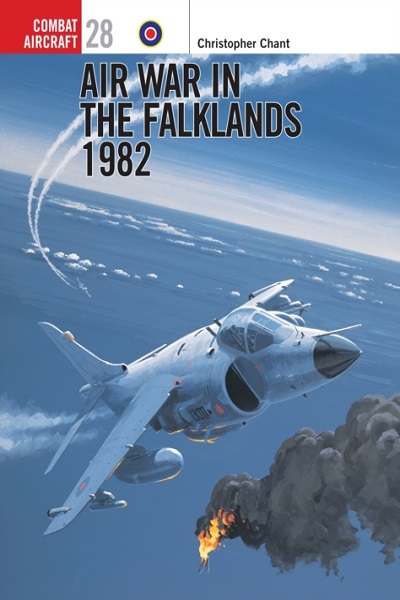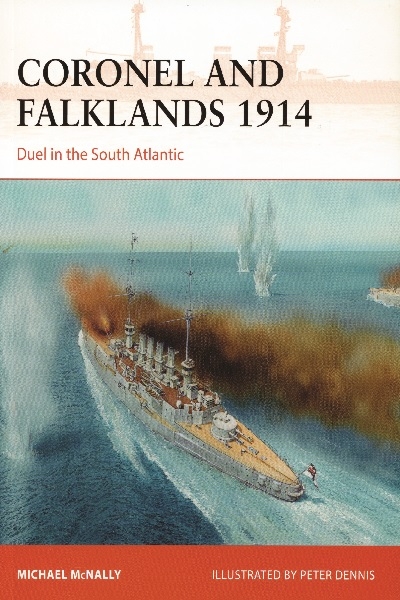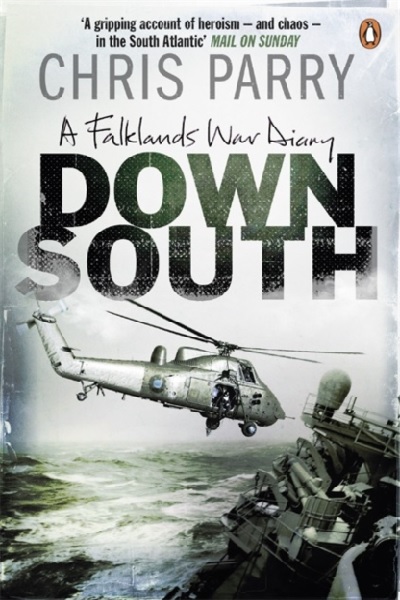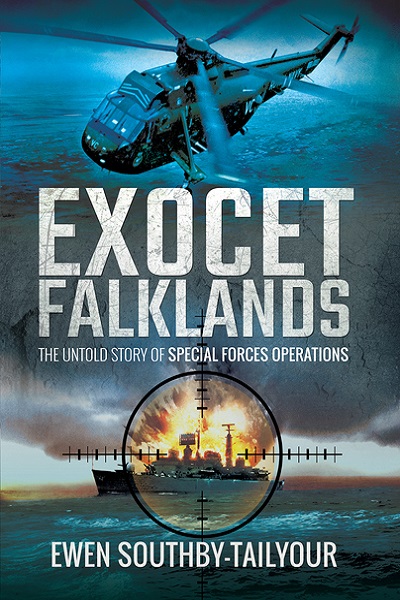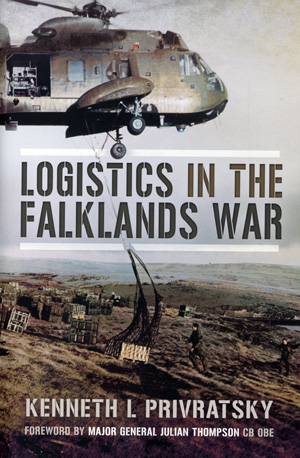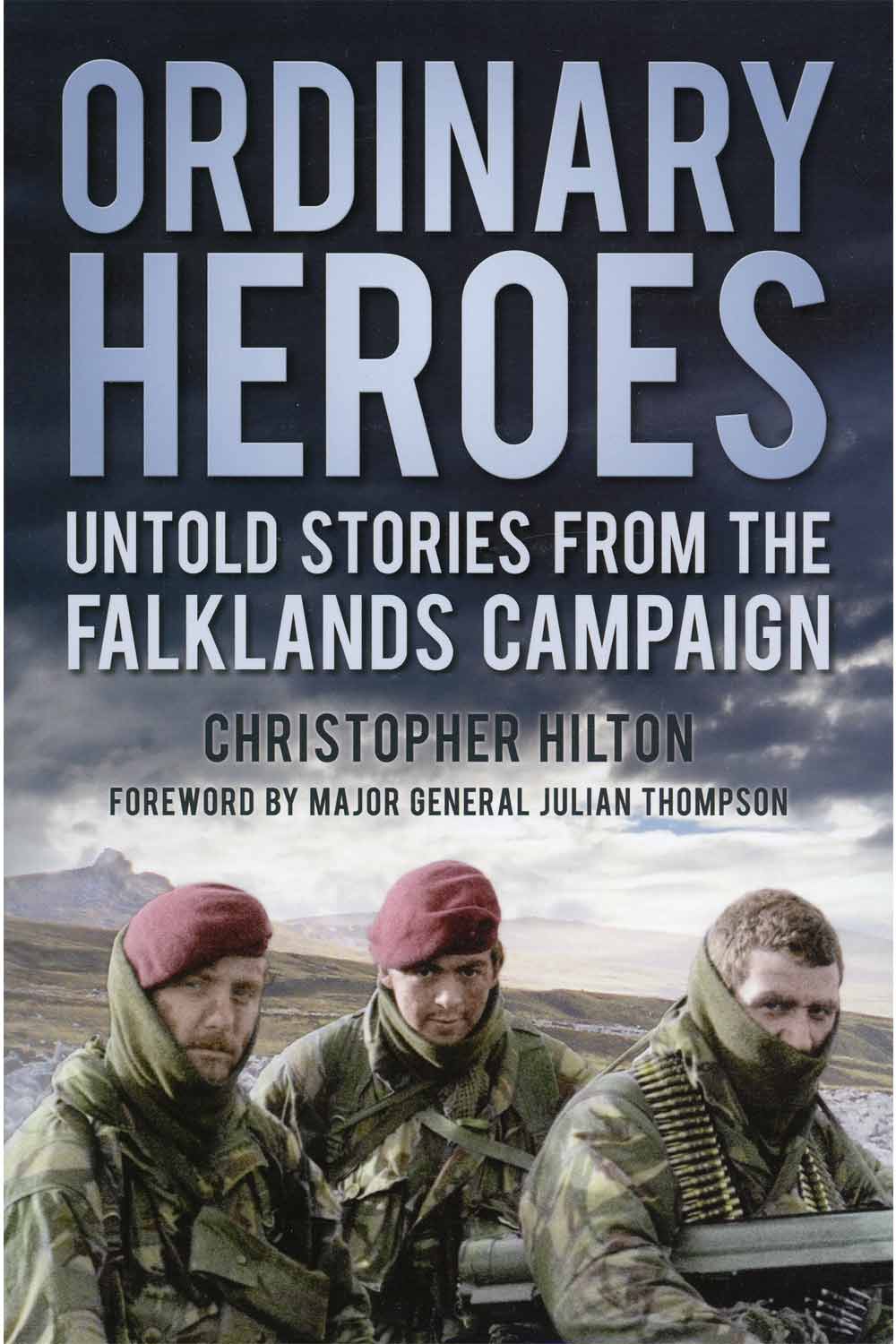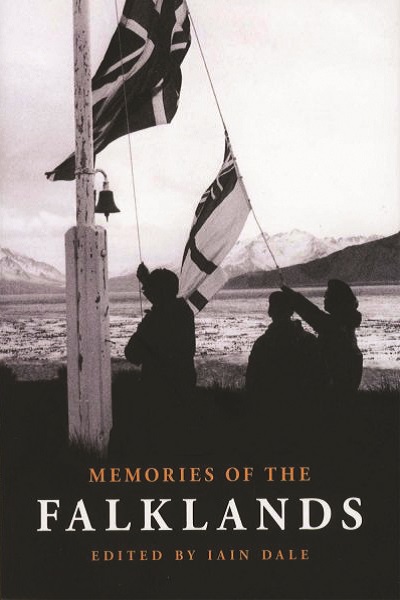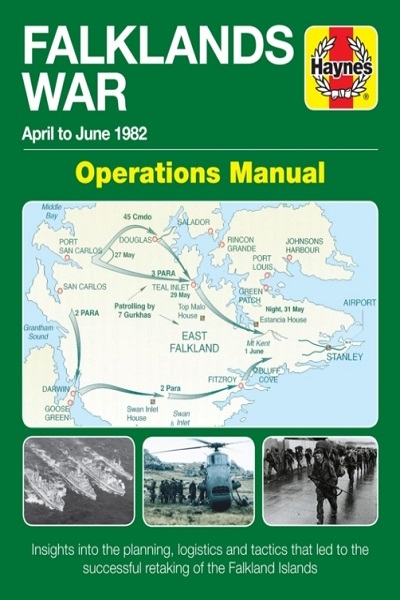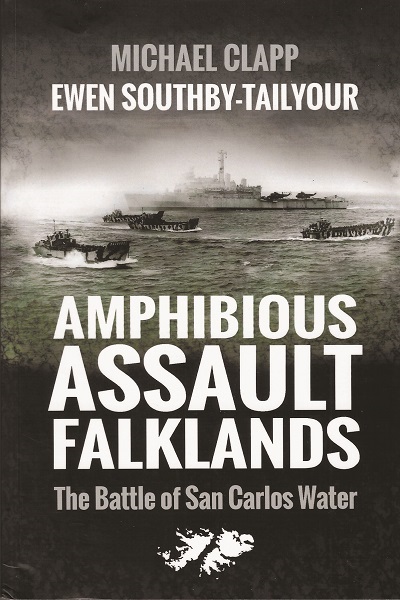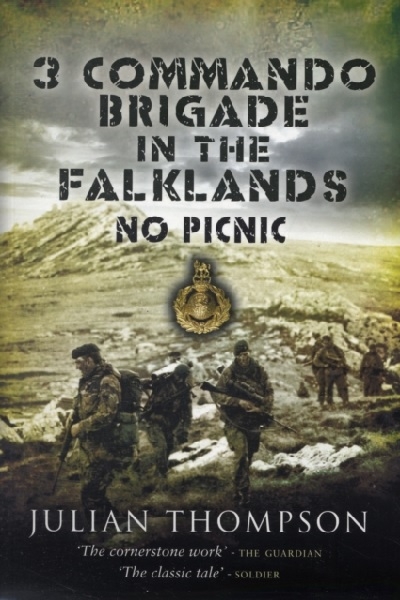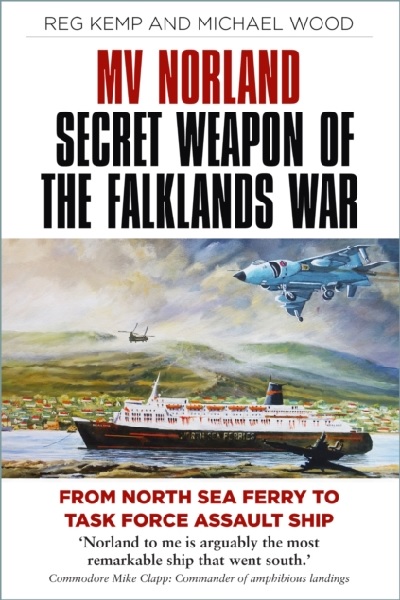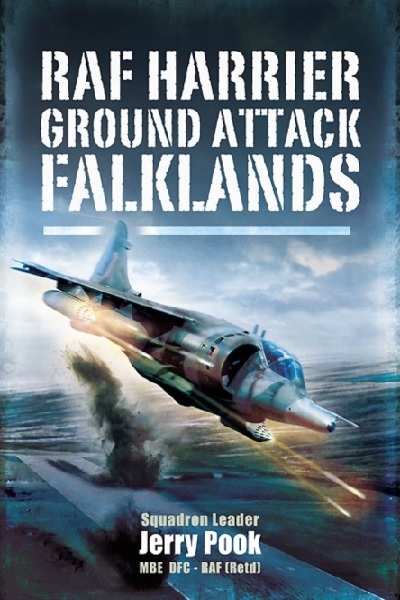All For One, One For All provides a contemporary perspective of the baptism of fire of one of the oldest, most resourceful and well-trained war fighting institutions in Latin America: the Argentine Navy. It offers a rare insight into the relationship between institutional culture and modern warfare, with specific reference to the Falklands/Malvinas War of 1982, and is a case study of how a very modest navy with very few naval platforms engaged in a limited war against a major naval power and nevertheless was able to make its mark.
This book examines the institutional culture that accounts for a great deal of the activities and rationale of the Argentine Navy as an instrument of state policy and includes a detailed reconstruction of all operations by the Argentine Navy during the Falklands/Malvinas War. The Falklands/Malvinas campaign was a major naval landmark for the Argentine Navy, but the influence of institutional culture was clearly identifiable in the actions of the service as a whole. Illustrated by over 80 photographs, specially commissioned maps and unique colour profiles, All for One, One for All is essential reading for anyone interested in modern Argentine naval history and strategy.
ISBN: 9781914059193
Format: Paperback
Author(s): Jorge Boveda
First Publishment Date: 20 May 2021

